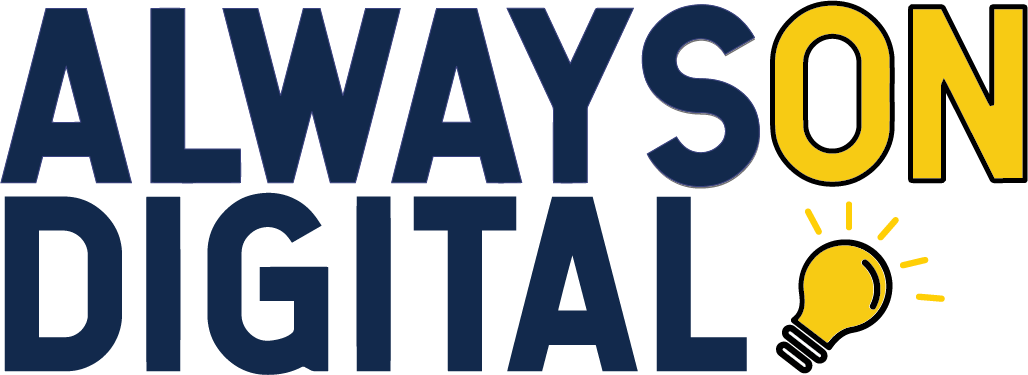In the robust world of business promotion, traditional marketing has long been the staple for reaching consumers and endorsing products. But as we navigate through the digital age, traditional marketing strategies are experiencing a transformation. Artificial Intelligence (AI) and machine learning (ML) are bringing data-driven insights into traditional marketing, magnifying its capabilities, and enhancing its impact.

Understanding Artificial Intelligence and Machine Learning
Before we plunge into the amalgamation of AI, ML, and traditional marketing, it’s crucial to comprehend these tech marvels. Simply put, AI is the technology that enables machines to imitate human intelligence. Machine learning, a subset of AI, equips computers to learn and behave like humans, improving their learning over time by feeding them data and real-world interactions.
Deciphering the Perplexity in Machine Learning
One key term that we should familiarize ourselves with is perplexity. Originating from information theory, perplexity is frequently employed to evaluate language models in machine learning. Essentially, perplexity gauges how well a probability model predicts a sample. A lower perplexity score implies the model is better at making accurate predictions. The principal aim of machine learning models is to diminish the perplexity and enhance the accuracy of predictions.
So, what implications does this have for traditional marketing?
Marrying Traditional Marketing with AI and Machine Learning
Think about the power of employing AI and ML to scrutinize your customers’ behavior, anticipate their needs, and even predict their future actions. Imagine being able to measure the perplexity of your model’s predictions and continuously refine them to increase their accuracy. The potential is limitless!
AI-Driven Customer Segmentation in Traditional Marketing
Consider customer segmentation, a cornerstone of traditional marketing. Traditional market segmentation relies heavily on demographics or geography. However, AI delves deeper. It can analyze extensive data, identify patterns, and segment customers based on behavior, preferences, and purchase likelihood. The low perplexity of these models ensures a higher degree of accuracy in these predictions.
Machine Learning and Product Recommendations
Moreover, product recommendations, a classic marketing strategy, receive a significant boost from AI. Machine learning algorithms can scrutinize a customer’s past purchases, browsing history, and other data to predict their likely future purchases. This level of personalization, driven by the low perplexity of the AI model, aids in designing highly targeted marketing campaigns yielding better results.
Chatbots: AI’s Gift to Customer Interactions
AI revolutionizes traditional customer service and interactions. Chatbots, powered by AI, provide personalized customer interactions, resolve queries, and even upsell products round the clock. Machine learning ensures these bots improve with every interaction, offering a seamless customer experience.
In Conclusion: Traditional Marketing and AI – Better Together
As AI and ML technology integrate with traditional marketing, the synergy offers immense potential. By understanding and harnessing AI and ML, along with concepts like perplexity, we can make traditional marketing more accurate, personal, and powerful. It’s not about replacing traditional marketing with AI but enhancing it, making it smarter and more effective in our connected world.
Embracing these technologies isn’t merely about keeping pace with the times; it’s about looking ahead and leading the transformation in the future of marketing. After all, in this era of digital evolution, standing still is not an option.



